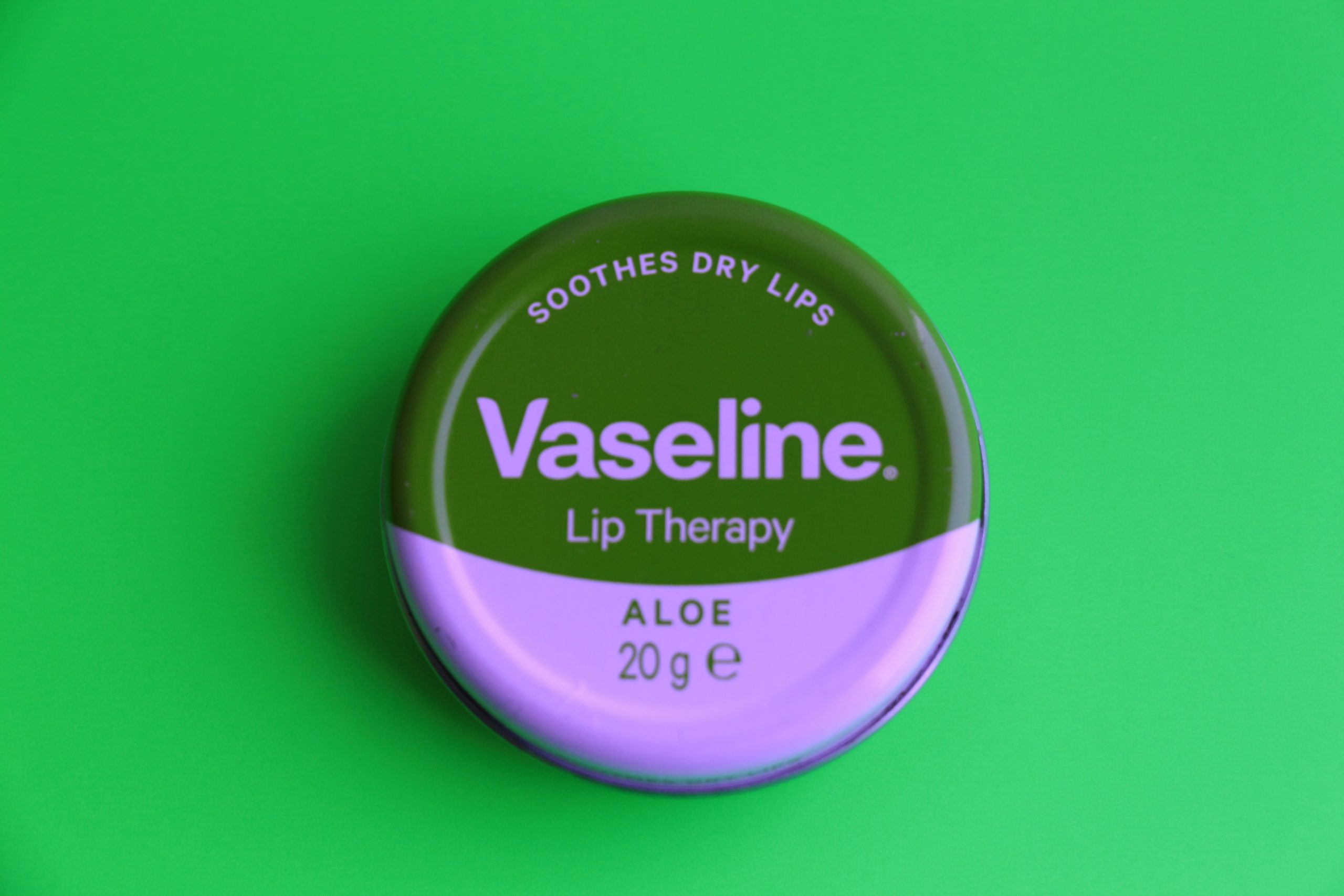In recent years, there has been a resurgence of interest in these natural wonders, as beauty enthusiasts around the world embrace the power of nature in their skincare routines. Join us as we explore seven remarkable beauty benefits of traditional African ingredients and discover the transformative effects they can have on your skin.
1. Deep Hydration with Shea Butter
Derived from the nuts of the shea tree native to West Africa, shea butter is a luxurious moisturizer renowned for its deep hydration properties.
Packed with fatty acids and vitamins A, E, and F, shea butter penetrates deeply into the skin, replenishing moisture and restoring elasticity.
Whether used as a standalone moisturizer or incorporated into skincare formulations, shea butter leaves the skin feeling soft, supple, and radiant.
2. Healing and Soothing with Aloe Vera
Aloe vera, known as the “plant of immortality” in ancient Egypt, has been used for centuries in traditional African medicine for its healing and soothing properties.
Rich in vitamins, minerals, and antioxidants, aloe vera gel calms inflammation, accelerates wound healing, and relieves skin irritations such as sunburn and eczema.
Whether applied topically as a gel or incorporated into skincare products, aloe vera is a versatile ingredient that promotes healthy, glowing skin.
3. Anti-Aging Benefits of Baobab Oil
Derived from the seeds of the iconic baobab tree, native to the African savanna, baobab oil is a powerhouse of antioxidants and essential fatty acids.
With its ability to neutralize free radicals, stimulate collagen production, and improve skin elasticity, baobab oil is a potent anti-aging ingredient. Regular use of baobab oil helps to minimize the appearance of fine lines and wrinkles, leaving the skin looking youthful and rejuvenated.
4. Brightening and Even Skin Tone with African Black Soap
African black soap, also known as “ose dudu” or “anago soap,” is a traditional cleansing bar made from plantain skins, cocoa pods, palm oil, and shea butter.
Rich in vitamins and minerals, African black soap gently exfoliates the skin, removes impurities, and promotes a brighter, more even skin tone. Its natural antimicrobial properties make it particularly beneficial for acne-prone skin, helping to clear blemishes and prevent future breakouts.
5. Antioxidant Protection with Rooibos Tea
Originating from the rugged mountains of South Africa, rooibos tea is prized for its antioxidant-rich properties and myriad health benefits. When applied topically, rooibos extract helps to neutralize free radicals, protect against environmental damage, and promote skin cell regeneration.
Its anti-inflammatory properties also make it an effective treatment for conditions such as acne, eczema, and rosacea, leaving the skin calm, balanced, and radiant.
6. Gentle Exfoliation with Kalahari Desert Salt
Harvested from the pristine salt pans of the Kalahari Desert in Southern Africa, Kalahari desert salt is a natural exfoliant revered for its gentle yet effective cleansing properties.
Rich in minerals such as magnesium, potassium, and calcium, Kalahari desert salt removes dead skin cells, unclogs pores, and promotes cell turnover, revealing smoother, softer skin beneath. Its mineral-rich composition also helps to replenish the skin’s electrolytes, leaving it hydrated and revitalized.
7. Nourishment and Moisture with Marula Oil
Extracted from the kernels of the marula fruit, indigenous to Southern Africa, marula oil is a lightweight yet deeply nourishing moisturizer. Rich in antioxidants, vitamins, and omega fatty acids, marula oil replenishes the skin’s lipid barrier, hair in moisture, and protects against environmental damage. Its non-comedogenic properties make it suitable for all skin types, providing hydration without clogging pores or causing breakouts.
Conclusion
Traditional African ingredients have long been prized for their beauty-enhancing properties, offering a natural and sustainable alternative to conventional skincare products. From the deep hydration of shea butter to the anti-aging benefits of baobab oil, these natural wonders harness the power of nature to promote radiant, healthy skin.
As consumers become increasingly conscious of the ingredients in their skincare products and the environmental impact of their beauty routines, traditional African ingredients offer a compelling solution that honors both the planet and our skin.
FAQs
Q1: Are traditional African ingredients suitable for all skin types?
Traditional African ingredients are generally suitable for all skin types, but individual reactions may vary. It’s essential to patch-test new products and ingredients and consult with a dermatologist if you have specific concerns or sensitivities.
Q2: Where can I find skincare products containing traditional African ingredients?
Skincare products containing traditional African ingredients can be found at specialty beauty stores, online retailers, and through direct-to-consumer brands that prioritize natural and sustainable ingredients.
Q3: Can I use traditional African ingredients alongside other skincare products?
Yes, traditional African ingredients can be incorporated into your existing skincare routine alongside other products. However, it’s essential to be mindful of ingredient compatibility and potential interactions between different formulations.
Q4: Are traditional African ingredients sustainable?
Many traditional African ingredients are sustainably sourced, harvested, and produced, supporting local communities and preserving biodiversity. Look for products that prioritize ethical sourcing and environmentally responsible practices.
Q5: How long does it take to see results from using skincare products containing traditional African ingredients?
Results from skincare products containing traditional African ingredients may vary depending on individual skin concerns and the specific formulation. Consistent use over time is key to achieving optimal results, so be patient and stick to your skincare routine for best outcomes.



